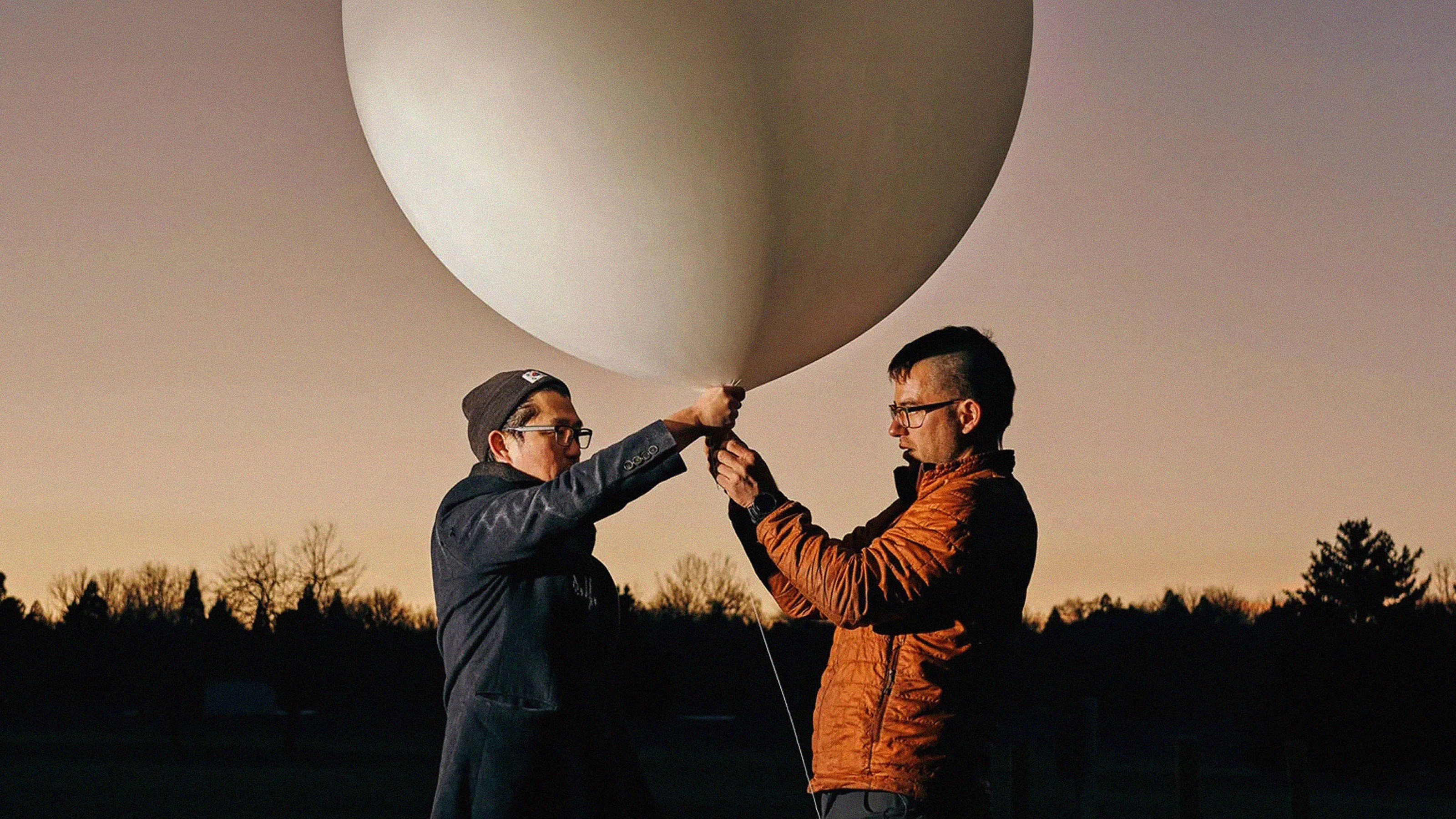Is there a conspiracy to hide the truth about cow belching from the public? That’s the question put to Bill Nye this week by, um, Batman.
For anyone concerned about climate change, the burning of fossil fuels is and must be the number one concern. According to the US Environmental Protection Agency, carbon dioxide (CO2) makes up 81% of greenhouse gas emissions currently in the atmosphere. But methane — which results from the transport of fossil fuels as well as agricultural activity, i.e. cow belching — also contributes to global warming.
Indeed the UN’s Intergovernmental Panel on Climate Change states that methane warms the atmosphere 86% more than CO2 during its first decade of existence, after which it decays into CO2. With the focus of climate change activists so squarely on the burning of fossil fuels, is it time to turn more attention to the agricultural production of methane gas?
Yes and no, says Bill Nye. The greatest concern remains the production and burning of fossil fuels, and as Nye points out, the demand for energy will only increase as the global population grows from 7.3 billion at present to an expected 9 billion by 2050. But demand will also grow for food energy, and if the world continues to consume animal meat at its present rate, far more livestock will be required.
That is not likely a sustainable plan, says Nye. He predicts that humans will increasingly move toward a plant-based diet, which makes more efficient use of food energy.
A potential solution to the release of both fossil fuels and methane gas is a tax on their emissions. If applied equally across all emitters of greenhouses gases, such that the fee accurately priced the cost these gases extract on our environment, the resulting funds could help mitigate the impacts of climate change.
Bill Nye’s most recent book is Unstoppable: Harnessing Science to Change the World.
Batman: Hello Bill. I’m Batman and I’m a big fan. My question to you is why isn’t the agricultural sector especially with the cows being addressed with global warming with as much media attention as oil companies seeing as it is actually the biggest factor affecting global warming. At this day and age do you believe that there is a conspiracy? Thank you.
Bill Nye: Batman. Thank you for your question. I hardly recognized you. I really appreciate you introducing yourself. So there is actually a lot of attention being drawn to the effect of agriculture on climate change. And I want to emphasize that’s really cow belches coming out the mouth where most of the methane comes from. They have four stomachs. They do things a little differently than we do. And people are studying ways to make cows less belchful. I don’t know how effective they’re going to be but there is actually a lot of attention being drawn to it. As far as there being a conspiracy I really wouldn’t call it a conspiracy. We’ve been doing it this way for so long, 250 years, burning fossil fuels, burning the material of ancient swamps or wetlands that it’s a hard habit to break. When it comes to agriculture keep in mind that there are 7.3 billion people around today. But by 2050 there will be at least 9 billion people. There may be 10 billion people. And so those people are going to have to eat and it’s very reasonable that all of us will move increasingly toward a plant based diet and it will not be economical to raise cattle and sell meat.
That it may go that way just with market forces. All this aside or all this included or think about all this at once. What would be great I will say as a science educator, a voter and taxpayer, what would be great is if we had a tax. Or we cannot ever use the word tax, if we had a fee on the production of greenhouse gases. So if you have a dairy farm, if you have a meat ranch, a cattle ranch, a pig farm or ranch or farrowing operation what have you. If the farmer or the rancher were required to add the cost of putting methane into the atmosphere into the cost of his or her products then consumers would make different decisions about those products. And this fee would be inherently fair. We would have it on agricultural products. We would have it on oil and gas used in transportation. We’d have it on the transportation that the oil and gas use to take ships across the ocean. So it would be a fair and inherent tariff on goods produced overseas whether they are manufactured goods or agricultural products. So this is a big idea. But when you have the fossil fuel industry working so hard to introduce doubt about climate change and you have these climate change deniers who have been so successful in getting the idea that plus or minus two percent is really plus or minus 100 percent.
It’s been very difficult to get this sort of thing like a carbon fee or a methane fee put in place. So I’m skeptical of a conspiracy but I want you to know people are thinking hard about the effects of agriculture and methane and meat production on the environment. But it’s an excellent question Batman. An excellent question. Now I know you’re having fun but I encourage you when you ask serious questions maybe to not dress as Batman. With that said I think everybody here had a good time with it so maybe you did the right thing. Carry on Batman. Carry on. Protect us all caped crusader.







